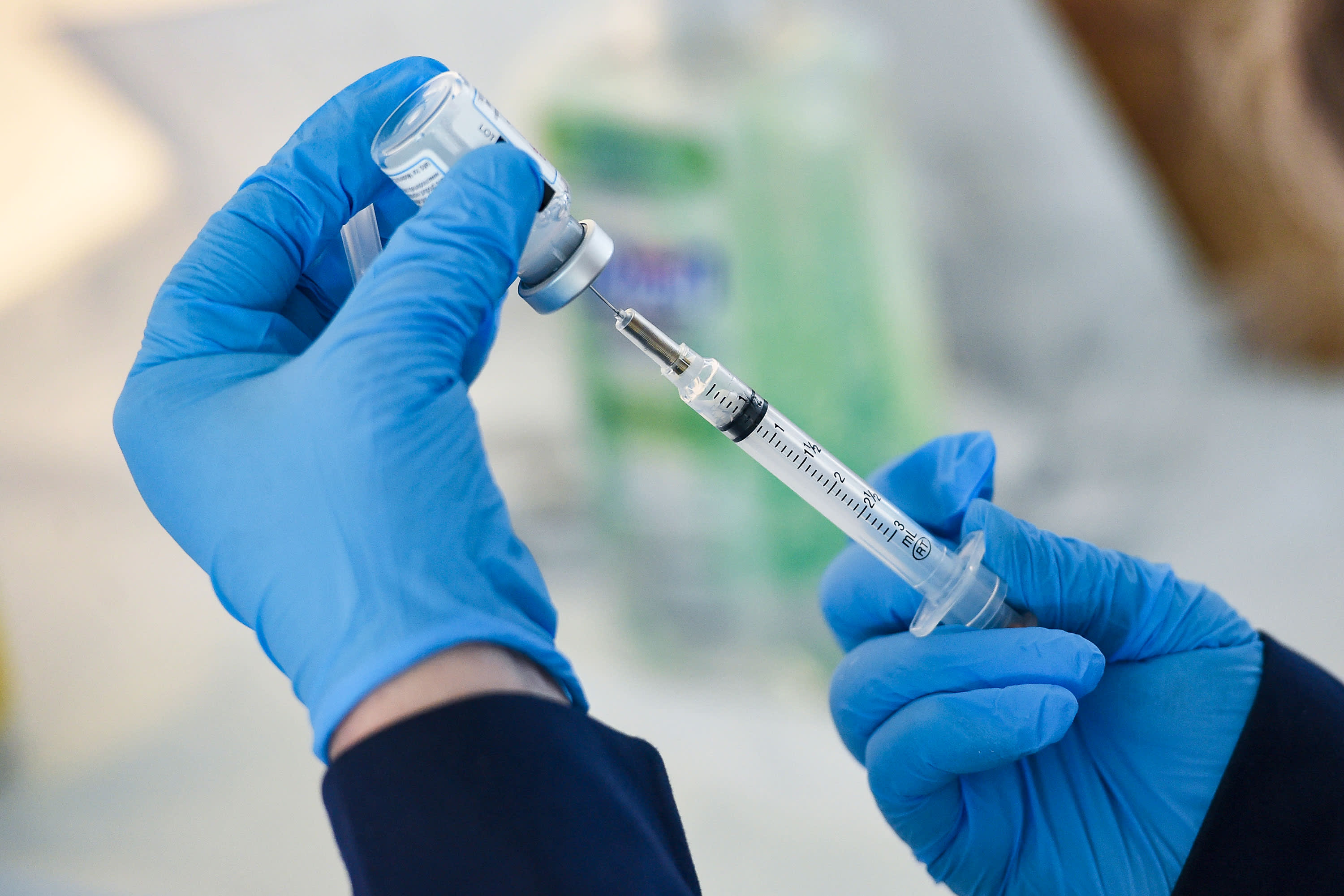A government study of 450 people says that “mixing vaccines may enhance the immune response” to the COVID-19 virus.
In light of that research by the National Institutes of Health, some public health experts tell the I-Team people might want to switch vaccines when getting booster shots.
“Different vaccines, especially those that use different technologies, stimulate your immune system in different ways, and when you mix and match you might get an added boost,” says Dr. Amesh Adalja of the Johns Hopkins Bloomberg School of Public Health, who mixed vaccines in his own regimen.
There are two types of COVID vaccines that have offered to the public: the Johnson and Johnson shot–a traditional vaccine containing a piece of modified virus, and those made by Pfizer and Moderna–“M-RNA” vaccines, which send a message to immune cells.
Especially for people who got the J & J vaccine, experts say they should consider switching when getting a first or second booster.
“For people who got the J&J vaccine originally, their protection was much greater if they get an MRNA vaccine as their second booster,” Professor Kristen Choi of UCLA’s Fielding School of Public Health and School of Nursing.
Professor Choi also says if you got Pfizer or Moderna for your original vaccinations, consider switching it up for your first or second booster.
“Any of the combinations are going to be safe. You can’t go wrong, in terms of safety,” Choi told NBC4.
So far, the CDC has approved second boosters for those 50 years or older, or anyone over 12 years who is moderately or severely immunocompromised.
If you fall in one of those groups, public health experts say you might consider getting that second booster if you’re planning to travel this summer, especially through airports and on airplanes, since vaccines seem to prevent infection in some people for about two months.
“So some people going on trips may want to get boosted, more for logistical reasons, so they don’t test positive, if they have to get a test coming back into the US,” Dr. Adalja told the I-Team.
“I think it seems prudent if you’re going to get a booster dose sometime in the next 6 months, to time it before a trip because you will get that 2 month window of protection when you’re traveling, especially on airplanes, buses. It’s hard to know who you’re going to be mixing with and what you might be exposed to, ” UCLA’s Choi said.


